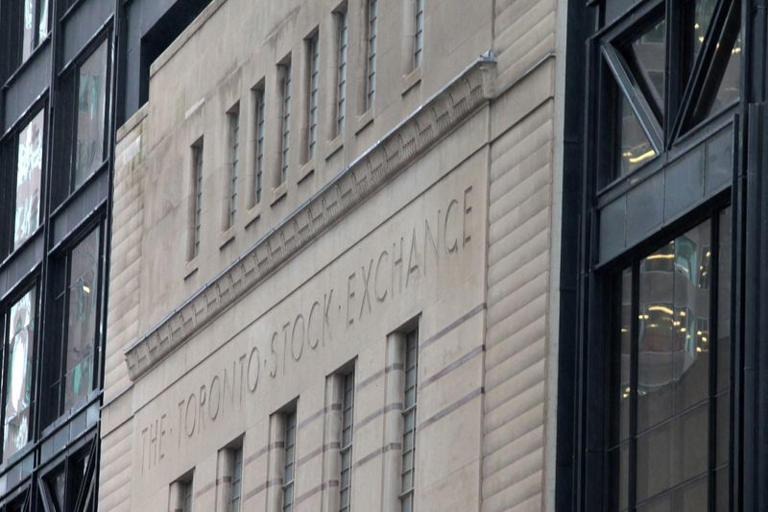Search This Blog
money saving tips for canadians, best saving tips for canadians of all ages. MoneySavings and Canadian news, financial news
Featured
article
- Get link
- X
- Other Apps
BoC Keeps Rates Unchanged, Cuts Growth Outlook for 2023

The Bank of Canada (BoC) announced on Wednesday that it will keep its key overnight rate at 5.0%, as expected by most analysts, while lowering its growth forecast for 2023 amid signs of slowing economic activity and easing inflation pressures.
The central bank said in a statement that it expects the Canadian economy to grow by 1.2% in 2023, down from its previous projection of 1.8% in July. The downward revision reflects the impact of supply chain disruptions, labor shortages, higher energy prices and weaker consumer confidence on domestic demand.
The BoC also said that it expects inflation to remain above its 2% target for another two years, averaging 3.5% through mid-2024, before declining to around 2.5% in the second half of 2024 and returning to the target by the end of 2025.
The central bank attributed the higher inflation outlook to the persistent effects of past price increases, especially in housing and food, as well as the recent surge in energy prices. However, it noted that some of these factors are likely to be transitory and that inflation will moderate as supply and demand in the economy approach balance.
The BoC maintained its stance that further rate hikes may be needed to keep inflation under control, but it did not signal any imminent tightening. The central bank said that it will continue to monitor a range of indicators, including wage growth, consumer spending, business investment and housing market conditions, to assess the appropriate pace and timing of future policy adjustments.
The BoC's decision was largely in line with market expectations, as most economists had anticipated no change in the policy rate this month. The Canadian dollar was little changed against its U.S. counterpart after the announcement, trading at around 1.26 per U.S. dollar. The S&P/TSX composite index also showed little reaction, edging down 0.08% to close at 18,970.71 points.
The BoC's next interest rate announcement is scheduled for Dec. 6, 2023.
Popular Posts
Trump's Six Words: "I'm Going to Stop the Wars"
- Get link
- X
- Other Apps
Fiscal Challenges Ahead: U.S. Bonds Face Uncertainty Under Trump’s New Term
- Get link
- X
- Other Apps


Comments
Post a Comment